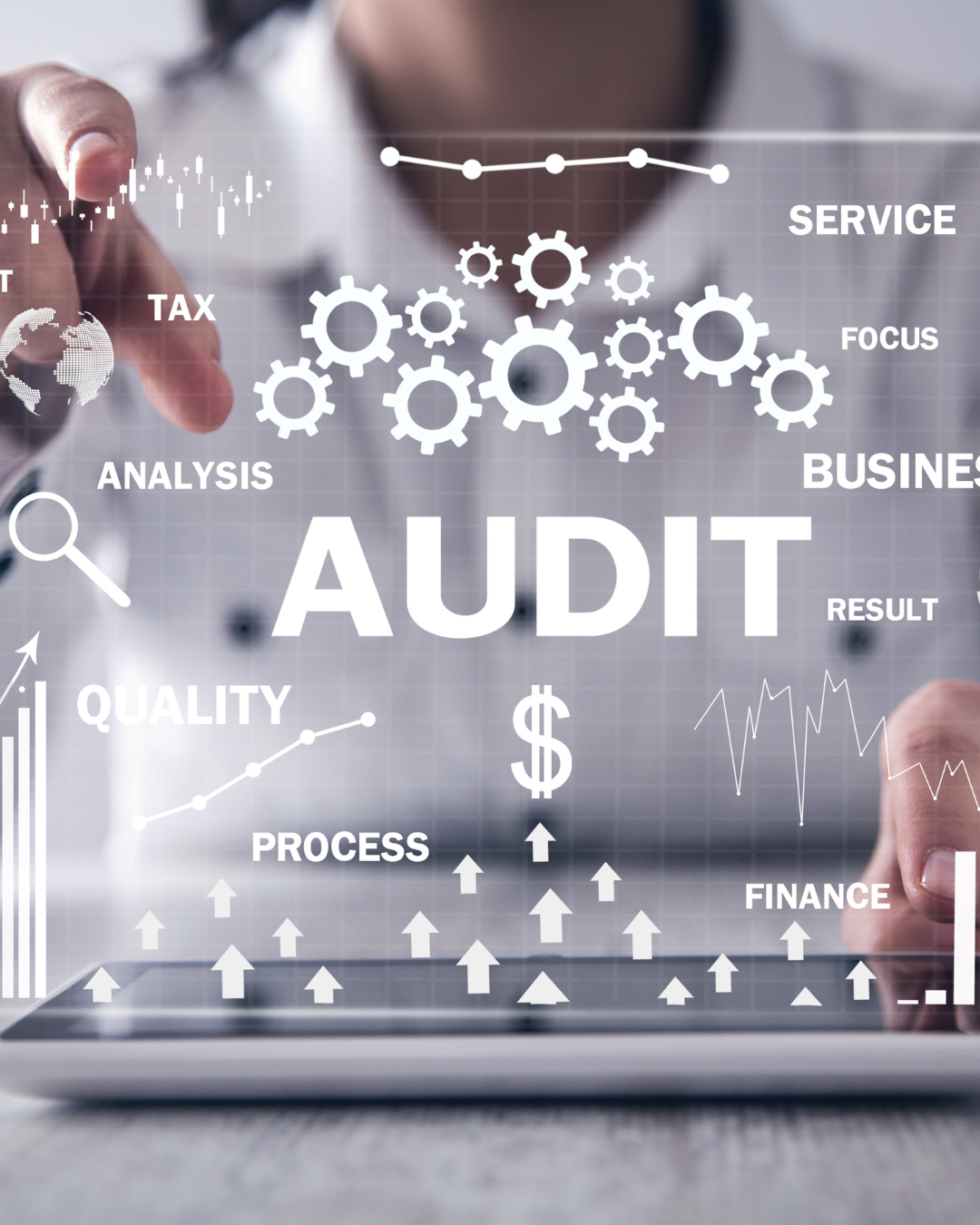Article
A security audit is a thorough check of an organisation’s information systems, policies, and procedures. It aims to find weaknesses and ensure compliance with security standards.
Security audits evaluate current measures, identify vulnerabilities, and organisations can conduct them internally, externally, or for compliance purposes.

Proactive Risk Identification – Security evaluations identify weaknesses before they can be exploited. This helps prevent expensive security problems and reduces downtime.
Protection of Sensitive Data and Compliance – Routine inspections guarantee the security of data and adherence to regulations, preserving client confidence and preventing legal sanctions.
Reputation and Competitive Advantage – Audits show a commitment to security. They improve brand image and give a competitive edge. This builds trust with customers and partners.
Internal audits check security within the organisation.
External audits offer unbiased evaluations.
Compliance audits ensure that rules are followed.
All these audits are important for keeping and improving an organisation’s security.
Risk Assessment – A risk assessment identifies threats and their impacts, guiding organisations in prioritising security initiatives.
Policy Review – A security audit checks policies to ensure they follow standards and regulations. It focuses on data protection and managing risks. Regular updates to policies are essential to address new threats and maintain compliance with evolving government and industry standards.
System Assessment – Assessing an organisation’s IT infrastructure identifies vulnerabilities in networks, servers, and applications, including firewalls and access controls.
Employee Training and Awareness – Security audits and training can cut the risk of data breaches by almost 50%. They can also lower costs by up to 30%. Most breaches, about 95%, happen because of human error.
Establish a Regular Schedule
Conducting security audits regularly—such as annually, semi-annually, or quarterly – will help organisations stay proactive in managing their security posture.
Engage Qualified Professionals
Hiring qualified security professionals or consultants for external audits offer an unbiased view. They also bring specialised knowledge to the audit process.
Document Findings and Action Plans
Thorough documentation of audit findings, including identified vulnerabilities and recommended actions, is crucial for tracking improvements and ensuring accountability.
Follow Up on Recommendations
After finishing a security audit, it’s important to follow up on the recommendations. Make sure to fix any issues quickly to reduce risks.
At Trustack, we offer a free external audit scan. This scan looks for external risks to help businesses find weaknesses. This helpful service provides insights into your security and guides you on how to improve it.
Don’t leave your business exposed!
Claim your FREE external audit Scan NOW to reveal hidden threats before hackers strike.
One quick scan could save your business
Investing in Cyber Essentials enables organisations to safeguard their assets and provide assurance to their clients. This strategic approach significantly enhances competitive edge in the ever evolving digital landscape.
Get your business on the front foot
To provide the best experience on our site, we use technologies like cookies to store and/or access device information. Consenting to these technologies will allow us to process data such as browsing behaviour or unique IDs on this site.